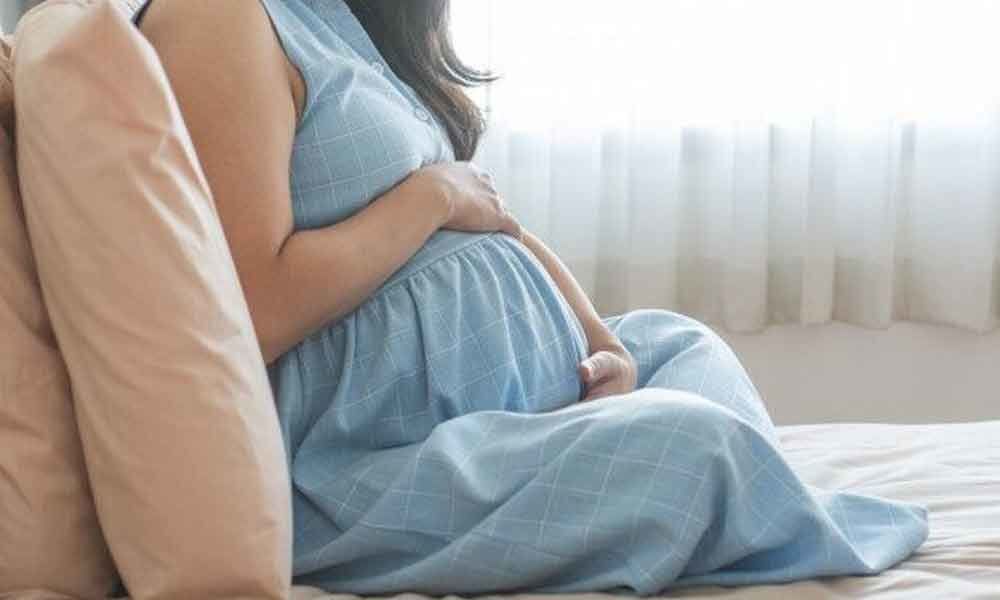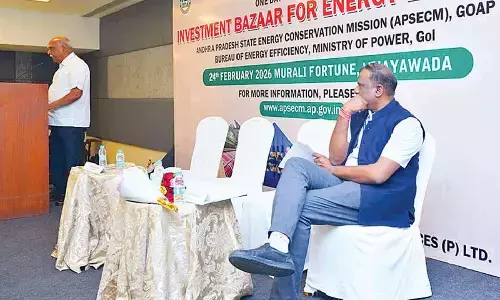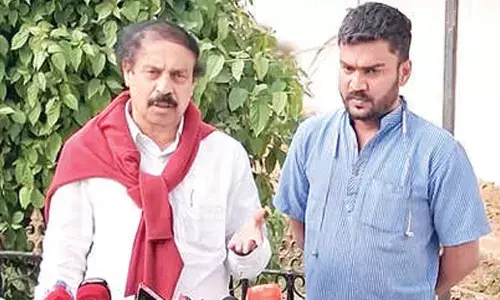It's her choice now!

Egg freezing gives women the ability to make more reproductive choices, providing them an opportunity to decide when and with whom they wish to have children
Modern living and technological advancement in all walks of life have given rise to various medico-social complexities. Recent statistics indicate that 10-15 per cent of couples have difficulty in conceiving and the incidence is continuing to rise.
Currently, 27.5 million couples in India suffer from problems related to infertility. It has now been established that in addition to medical conditions, a number of social reasons such as delayed marriages leading to increased maternal and paternal age, increased use of contraceptives, sedentary life style, diet, alcohol, smoking, stress, obesity and environmental changes have a major impact on the chances of conception.
For understandable reasons, recent times are seeing more women delaying childbearing, often due to educational needs, career progression or even delay in finding a'right' partner.
Age is the single most important determinant of fertility and with advancing maternal age not only do pregnancy rates drop but alsothe risks of pregnancy loss and down's syndrome in the baby increase.
Studies show that fertility rates for a woman decrease gradually but significantly after the age of 32 and rapidlyafter 37 years of age, as the number and quality of eggs in the ovaries decrease naturally and progressively.
In order to overcome the hurdles of age-related fertility decline, women who wish to delay childbearing are now considering oocyte (egg) freezing, the pros and cons of which deserve intense examination before being taken up by the women.
Oocyte (egg) freezing is a form of fertility preservation where eggs retrieved from a woman are frozen and used later for assisted reproductive treatments.
It gives women the ability to make more reproductive choices, providing them an opportunity to decide when and with whom they wish to have children.
Egg freezing initially was reserved for 'women with medical indications' who had no other fertility options and for women with cancer and was offered before chemotherapy, radiotherapy or surgery which would affect their reproductive potential.
Only recently, in 2012, the American society of Reproductive medicine (ASRM) announced egg freezing as an established treatment and not experimental anymore. Technologically, eggs are difficult cells to cryopreserve and it was not until recently that egg cryopreservation has become available due to technical advances.
Increased awareness through education and media has generated public interest in the area of egg freezing outside the standard 'medical' indications and has led to a raise in the women undergoing 'social'/ elective egg freezing.
To prevent disappointment in the future and reduce unwanted risks related to procedures, it is important for women to consider several factors before they embark on this route:
♦ The best time to freeze eggs, to maximize the chances of a pregnancy when used later, should take place when the woman is young – ideally younger than 35 years of age. Younger the woman, better the quality of eggs retrieved. This means that women need to be 'fertility aware' at younger ages, ideally in their twenties.
♦ Women wishing to preserve their fertility should approach their physician early. The physician should be able to provide them accurate and balanced information about risks of fertility treatment, costs and likely success rates based on the woman's individualized medical and social background to avoid disappointment or future regrets.
♦ Egg freezing is not an 'insurance policy' and does not guarantee a pregnancy or healthy child when the eggs are used later.
♦ Women have to remember that they may never 'use' the stored eggs and consideration should be given to the possibility of this situation.
♦ Where possible embryo freezing is a better option due to better success rates.
♦ Pregnancy at on older age is associated with increased risk of complications during pregnancy and delivery and due consideration should be given to this factor when planning to delay pregnancy.
While we still have a long way to go in achieving reproductive freedom of women acrossthe social, cultural, political, and economic spectrums, we could consider egg freezing a boon that science has given women; a new kind of biological freedom of choice that technology has made available.
This could easily spiral into a bane if preformed without due consideration to various factors as it is associated with theinvasive procedureof egg retrieval.
It is essential for women to understand and clinicians to remember that this procedure is indicated only in certain situations and the best time to have a baby is at young age when reproductive potential is at peak.
(The writer is an infertility specialist)








